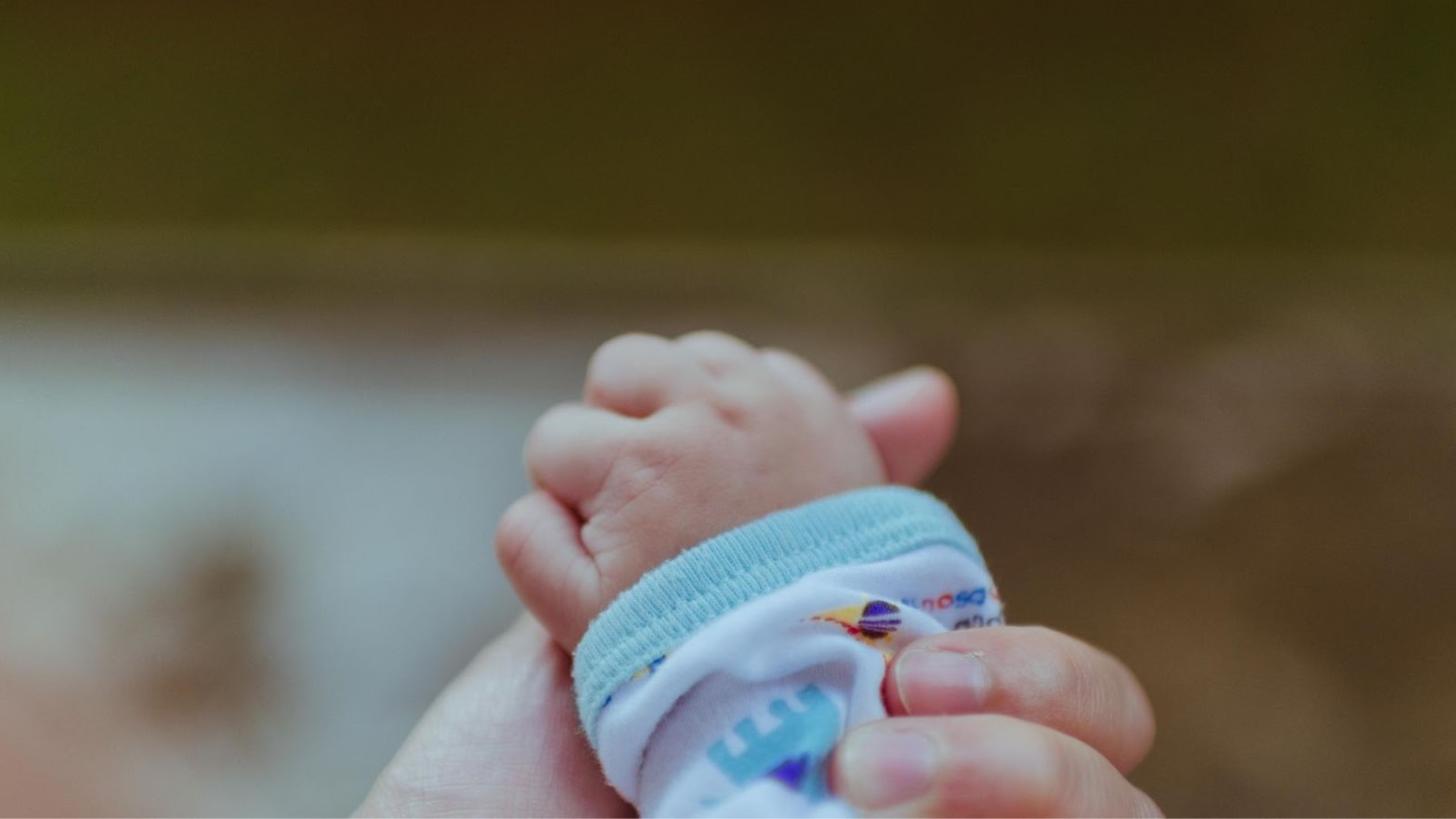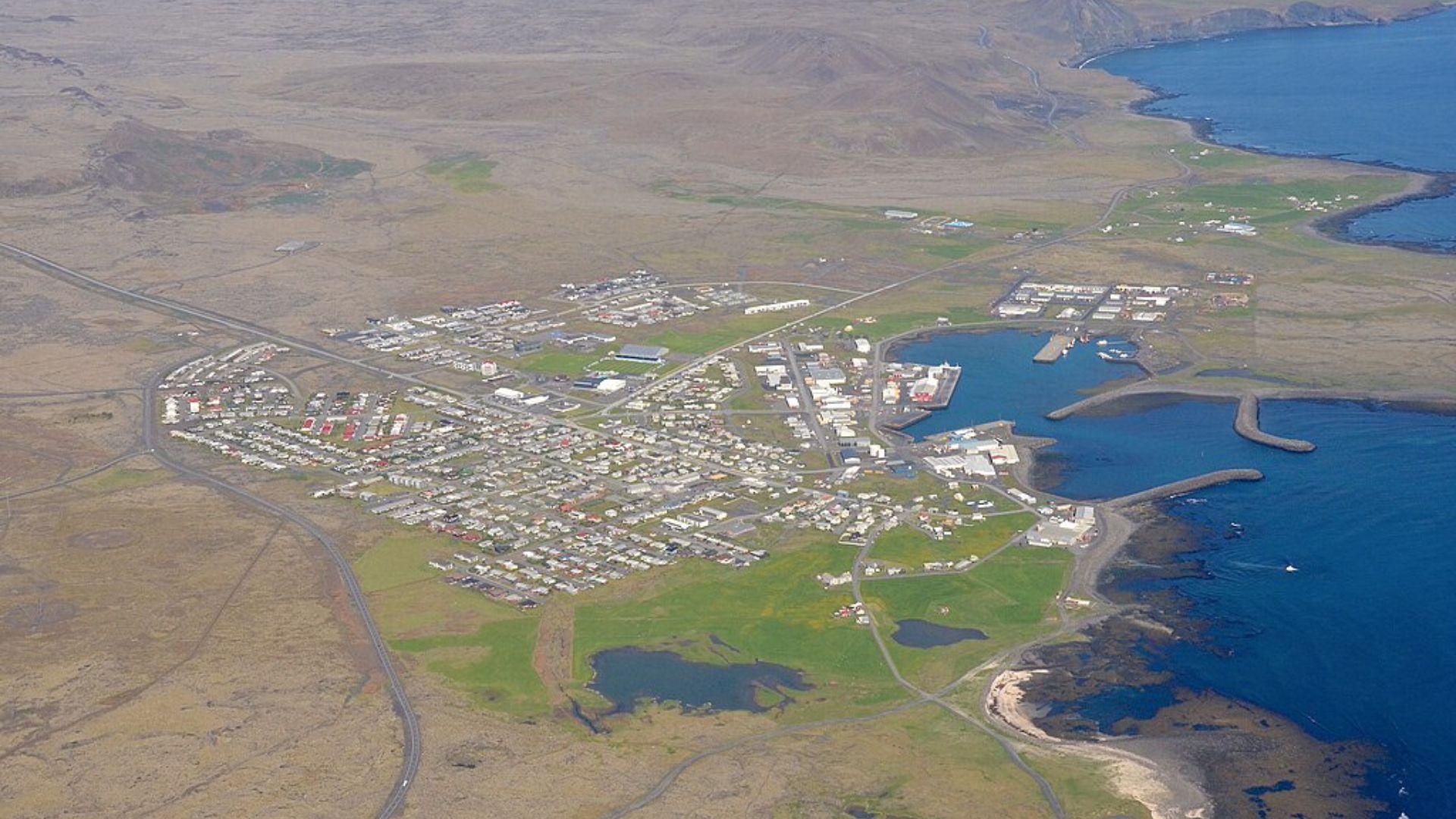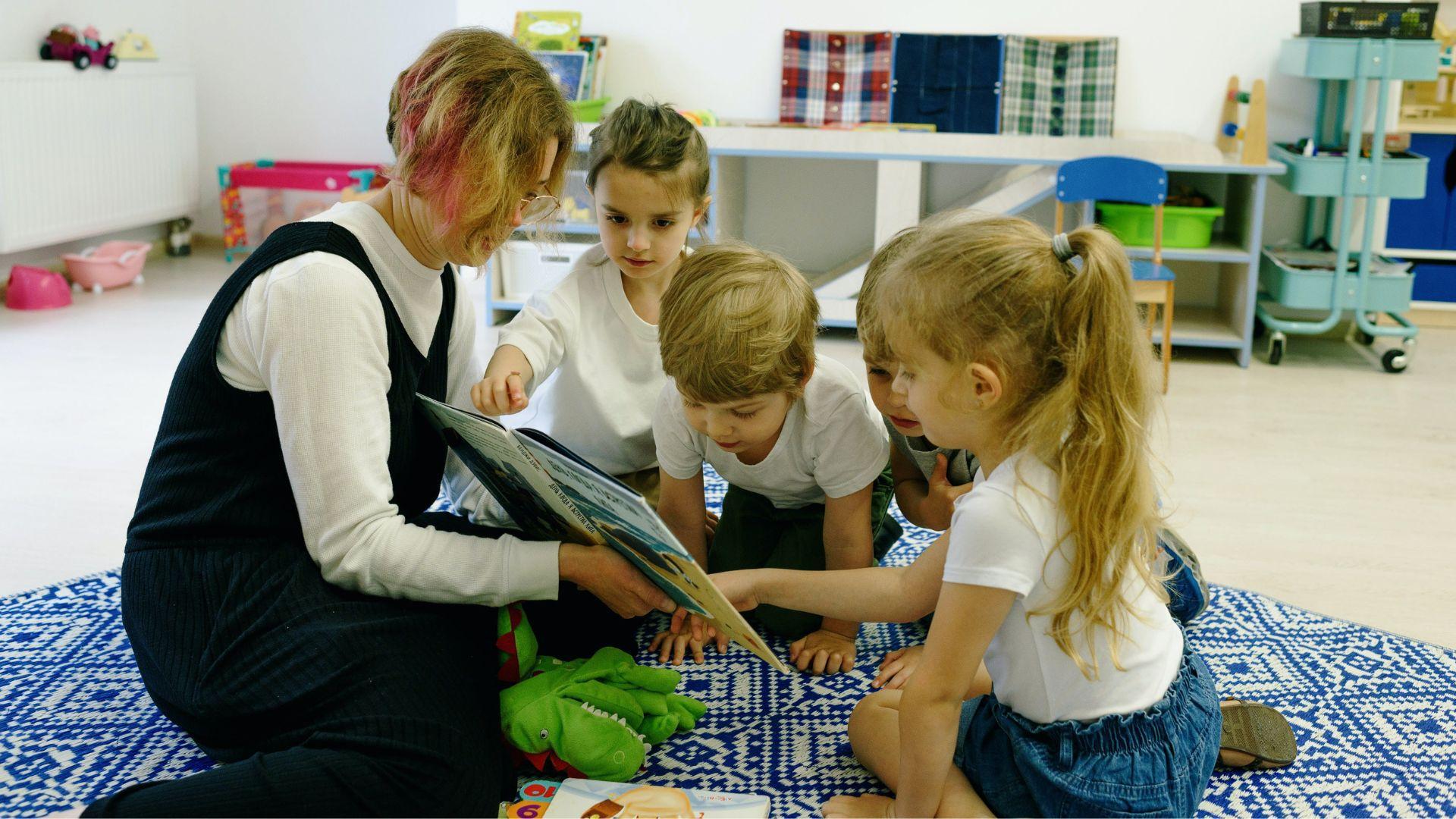In Iceland, naming your child isn’t as simple as flipping through a baby name book and pointing at a name you like. This island nation has a unique set of rules and traditions when it comes to names, deeply rooted in preserving the Icelandic language and culture.
Unlike many other countries, Iceland maintains a Personal Names Register, a list of preapproved names that fit the linguistic and cultural fabric of the country. The goal? To ensure every name aligns with the grammatical and cultural nuances of the Icelandic language.
The Personal Names Register

The Personal Names Register isn’t just a catalog; it’s a cultural safeguard ensuring that every new Icelander’s name can be woven seamlessly into the country’s rich linguistic tapestry. Each name must meet specific criteria. It should adapt to Icelandic grammar, fitting the language’s structure and spelling conventions.
This ensures that the names can carry the cultural and historical heritage of Iceland forward, keeping the language pure and connected to its roots (via TikTok).
A Committee That Decides

Imagine a group that holds the power to approve or reject the name you’ve chosen for your child. In Iceland, this isn’t fiction. A three-person committee is tasked with this significant responsibility, ensuring that every new name aligns with the nation’s linguistic and cultural standards (via Island.is).
Their decisions can’t be overturned by another government body, underlining the importance of their role in maintaining Icelandic heritage.
Naming Rules of the Land

In Iceland, names must tick several boxes to get the green light. They must “be able to have a genitive ending or have been adopted through custom in the Icelandic language.” This isn’t just about tradition; it’s about linguistic integrity (via Island.is).
Names must also “not cause the bearer embarrassment,” a subjective but vital criterion aimed at protecting the individual’s welfare.
A Look at Rejections and Approvals

Why can’t you name your child Zoe, Harriet, or Duncan in Iceland? These names don’t fit into the Icelandic language framework.
They either clash with grammatical rules or contain letters not found in the Icelandic alphabet. Each name goes through a rigorous review process, ensuring it aligns with Iceland’s cultural and linguistic landscape.
The Cost of Naming

Want to introduce a new name to the Icelandic lexicon? It’s possible, but there’s a process — and a fee.
If your chosen name isn’t on the National Register, you must submit an application to the Personal Names Committee, along with a fee for their ruling (via Island.is).
Historical Shifts in Naming

Until 2019, Icelandic names also had to align with the child’s gender, a rule reflecting the country’s historical norms. However, reflecting evolving social attitudes, this requirement has been lifted, showcasing Iceland’s ability to balance tradition with modernity (via Island Review).
Now, names are more about linguistic fit and cultural appropriateness than gender.
Time is Ticking

Another interesting aspect of the Icelandic naming tradition is the freedom parents have in selecting a name for their child. Icelandic parents have six months to decide on the perfect name for their newborn (via Northbound).
This extended time frame allows for careful consideration and reflects the importance placed on names in Icelandic culture. It’s worth noting that failure to name the child within this time frame can result in a fine, adding a unique twist to the naming process in Iceland.
Adolfina vs. Kisa

In January 2023, the name Adolfina was accepted, while Kisa was rejected (via TikTok). The latter, meaning “kitty,” was likely seen as diminishing or not serious enough.
These decisions shed light on the criteria: compatibility with tradition, the potential for embarrassment, and linguistic fit are all considered.
Naming Trends in Iceland

The naming landscape in Iceland offers a fascinating glimpse into the society’s values and cultural norms.
With around 1,800 approved names for boys and 1,900 for girls, the variety and nature of these names reflect a deep-rooted respect for language and identity (via Nordic Names).
Global Comparison

While unique, Iceland isn’t the only country with naming laws, with Germany, China, and Japan also having those rules (via BBC). However, its approach is among the most stringent, reflecting a deep commitment to preserving its linguistic heritage.
Other countries have different rules reflecting their own cultural and linguistic priorities. This global tapestry of naming conventions highlights the diverse ways cultures value and protect their heritage.
Embracing Tradition in Modern Times

Iceland’s naming laws are a reflection of a country deeply committed to preserving its language and culture. In an age where global influences are omnipresent, these laws help maintain a sense of identity and continuity.
They’re a bridge between Iceland’s past and future, ensuring that even the youngest citizens carry a piece of Icelandic heritage with them.








































